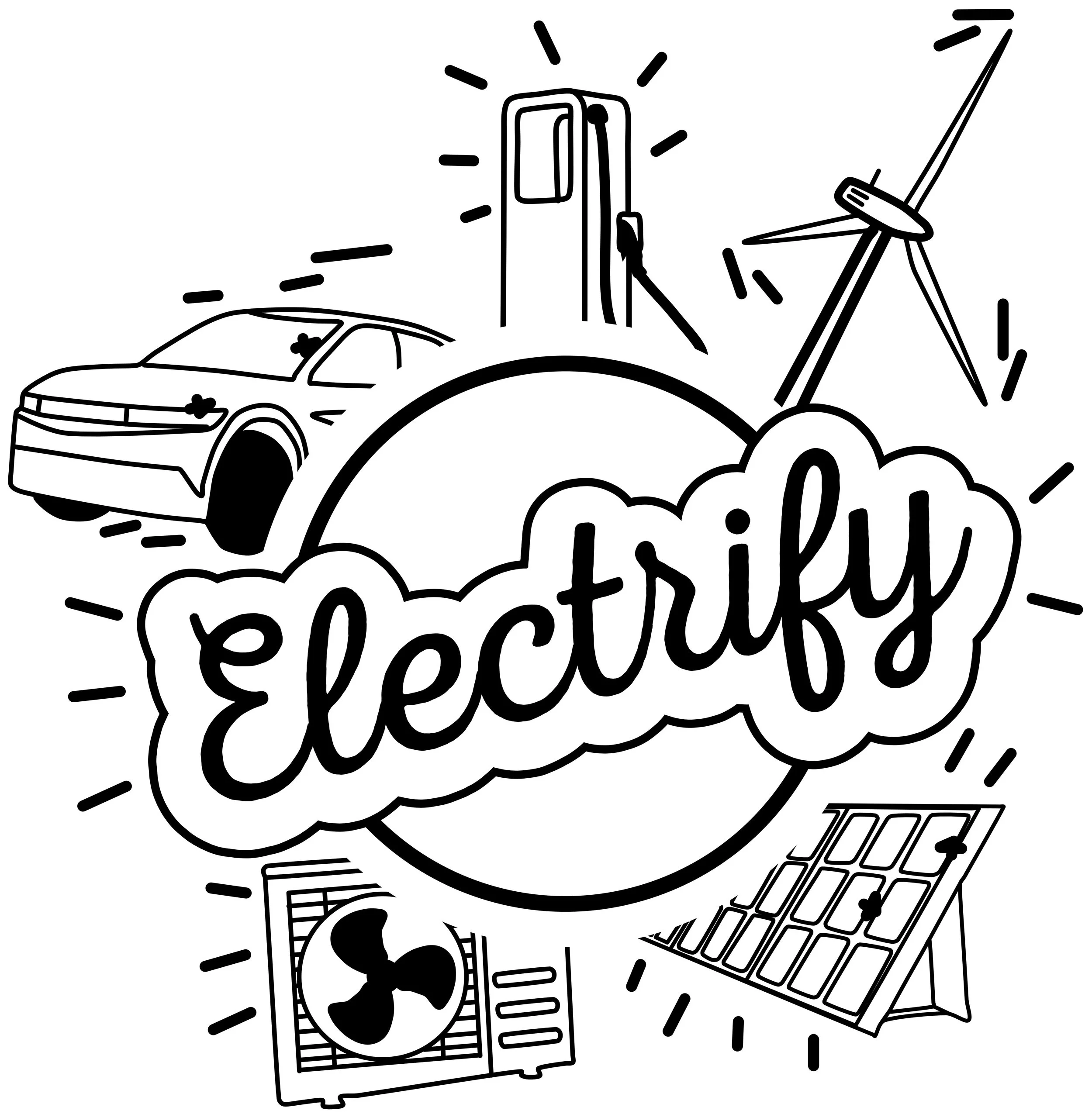Preventing the worst effects of the climate crisis requires action now. We’re positioning ourselves as an innovator in the green energy transition.
By Dylan Pardue & Kara McCrimmon
In March 2023, the United Nations Intergovernmental Panel on Climate Change released its most recent report, reiterating the science from reports they've released over the last few years. The climate crisis is here, and we need to make systemic changes now to avert the worst outcomes. Ultimately, we know that it’s long haul work to ensure that Earth can sustain life for human and nonhuman populations equitably in the generations to come. Part of this work involves deep transformational inquiry, reflection, conversation, and education to imagine new ways of being.
However, we also know there are concrete steps we can take right now to lower our carbon emissions as much as possible within our current system, and it's desperately needed. At Cobscook Institute, we are committed to helping address the climate crisis. We are undertaking several steps to improve our campus infrastructure and reduce our own emissions, and positioning ourselves to be a leader in the transition to clean energy.
Meeting global climate change mitigation goals will mean we need to reduce our greenhouse gas emissions. With 28% of US emissions coming from the transportation sector, and 61% of those emissions being from personal vehicles and light trucks, personal transportation is a major area of focus for emissions reduction. Various studies have shown that electric vehicles (EVs) produce a fraction of the greenhouse gas emissions over their lifecycle compared to internal combustion engine (ICE) vehicles, even considering emissions from mineral mining, vehicle production, and electricity generation. Studies show that the Earth has plenty of raw materials to support a full transition to green energy, and the emissions from mining those materials would be equivalent to less than one year of emissions from our current fossil fuel burning.
With Maine committed to being a Zero Emission Vehicle (ZEV) State, tens of thousands of EVs are expected to be on the road in the next several years. We're proud to continue being part of Maine's large public charging network, having installed two new Level 2 chargers in March. We're also exploring ways to continue expanding our charging infrastructure and are in the planning phase of electrifying our vehicle fleet.
Looking at other areas for improvement, last year we replaced our riding lawn mower with an all electric model. A study by the EPA shows that gas powered lawn equipment is a major source of non-road gasoline emissions, between 24-45%, and it shows that pollution from gas lawn equipment is carcinogenic and can have an adverse health effect on workers and members of the public, including children. We're proud to be putting the health of our community and environment first, and looking for more ways to electrify. Our groundskeeper also appreciates the extra performance of electric equipment.
To further reduce our carbon footprint, we are planning to install induction commercial stoves this year to replace our current propane stoves. Induction is different than standard electric stoves, using magnetic induction to heat the pan, making them faster, safer and more efficient. This change will significantly reduce our emissions from cooking. We estimate a 93% reduction in our cooking emissions, preventing over 1,650 pounds of CO2 per year, including from wasteful pilot lights. Induction stoves are safer, with none of the harmful indoor air pollution and VOCs (volatile organic compounds) that studies have linked to various health risks, and are increasingly preferred by professional chefs over gas for their speed and control, making them a win-win solution for both our operations and the environment.
While renewables already account for 79% of the electricity generation in Maine, and these improvements have a large impact even with grid electricity, we are also exploring the possibility of installing solar panels on our campus to meet our energy needs. This project would also include a transition from our efficient wood boiler heating system to a fully electric system, removing the harmful pollution that comes from burning wood. While we are still in the early phases of planning, this project holds the potential to put us on track to be 100% powered by renewables in the near future.
Our new series of Community Conversations have been focusing on climate change and climate justice. The first community conversation last fall was with Peter Dugas from Citizens' Climate Lobby, who joined us to give a presentation and conversation about state and national policy changes that can help us reach our climate change mitigation goals. In October, Edge Venuti from JustME for JustUS talked about the role of youth in building a just and sustainable Maine. In February, Darren Ranco joined us for a conversation related to Wabanaki Climate Justice. We are currently planning future community outreach and action. The possibilities are exciting, and we are dedicated to finding the best solutions for our campus and our community. At Cobscook Institute, we believe that the future is now, and we are proud to be leading the way in sustainability and climate action.
In addition to the concrete changes on our campus and associated community programming, Cobscook is engaged in this longer-term reflective work to help us imagine the role we can play in the future. Co-Directors Kara McCrimmon and Daphne Loring have joined with representatives from organizations across Maine in an 18-month learning journey, EcologyShifts, intended to be a community learning and change making experience. Sponsored by the Elmina B. Sewall Foundation, participants are digging deep together to understand the factors that can help heal and transform unjust systems. As an organization, we look forward to bringing what we learn to our community at large. Cobscook has always believed that by turning to each other in honest inquiry and dialogue, we can find solutions to the problems before us.


